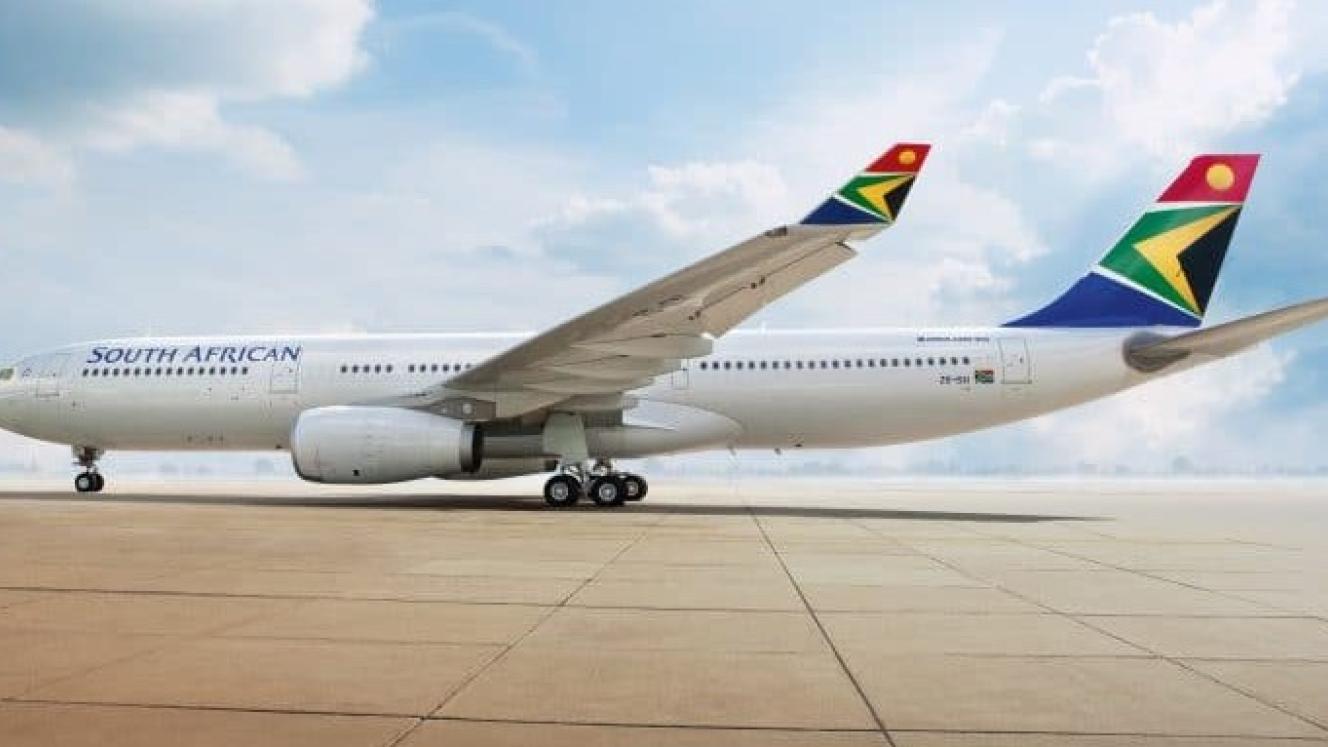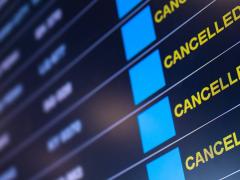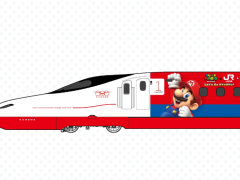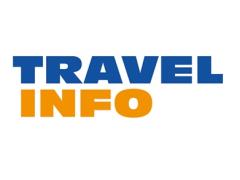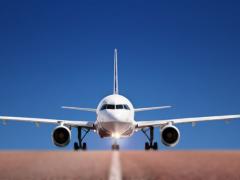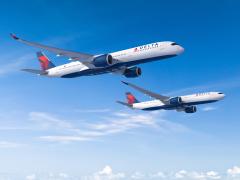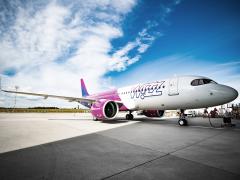SAA is looking to raise R2,25 billion and secure a strategic equity partner as part of a five-year restructuring plan.
The airline’s ambitions, reported by Business Day, also included applying for rights to routes between South Africa, Asia, Australia and New Zealand.
During an interview with the Money Show's Stephen Grootes, John Lamola, CEO of SAA, said the funding drive was not a new initiative but a continuation of the post-business rescue plan the airline had been following since it resumed operations.
Aviation consultant, Sean Mendis, told Travel News, that SAA had emerged from business rescue upon acceptance of a business plan that required the airline to take on a strategic equity partner.
SAA had previously attempted to fulfil this requirement by selling a 51% stake to the Takatso Consortium in March 2024, but the deal had fallen through, explained Mendis.
“Consequently, SAA has effectively been operating outside of the business plan that was approved for them in business rescue and, while they have consistently said that their long-term goal is to have an equity partner, it is having to fund all of its activities out of cash flow, which is suboptimal,” said Mendis.
Route expansion
Despite financial constraints, over the past month SAA has announced plans to expand its operations to Accra and Lagos, and, eventually, launch new routes to the US and UK.
When speaking on the viability of these routes, Mendis explained that SAA’s acquisition of two new A330s matched its intention to increase Accra and Lagos flights. The airline also retains two pairs of landing slots at London Heathrow, which it is currently leasing out but could reclaim with adequate notice.
However, SAA’s application for rights to routes between South Africa and Melbourne, Brisbane, and Sydney; Auckland and Wellington; Bali; Shanghai; and Bangkok, would require significant capital and could carry considerable risk.
Joachim Vermooten, an aviation economist and chartered accountant, told Moneyweb, that SAA would require “a pot of cash as equity to actually pay off the growth on routes”. However, SAA has yet to verify the positive equity seen in its 2023 results, with an unqualified audit report.
“Growth on routes implies additional capital so you can actually equate a new route to a new business in which you normally have start-up losses. So I would think it’s a little early and SAA should rather be conservative and publish accounts that have support from the auditors in an unqualified opinion so that financial institutions can trust the figures and the reasonability of forecasts and projections,” Vermooten told Moneyweb.
Mendis speculated that the application might have been filed to allow SAA to have codeshare partnerships with other airlines.
“For example, if SAA wants to sell a ticket, say on a Virgin Australia flight to Brisbane, they must be authorised by the South African and Australian governments to serve Brisbane,” explains Mendis. “In a lot of cases, airlines apply for these licences, not necessarily because they have a plane and they're ready to fly that route as soon as it's granted, but to allow them to enter into partnerships with other airlines in order to codeshare or develop potential commercial arrangements to serve those routes.”
Responding to concerns, Lamola told Grootes that the airline’s immediate focus was on stabilising operations and building revenue before seeking external capitalisation.
"During the first phase of the coming two years we'll be working on SAA's operational revenues and, as we modernise into a more expensive fleet, we will naturally seek external capitalisation that could come in the form of a strategic equity partner,” said Lamola.
